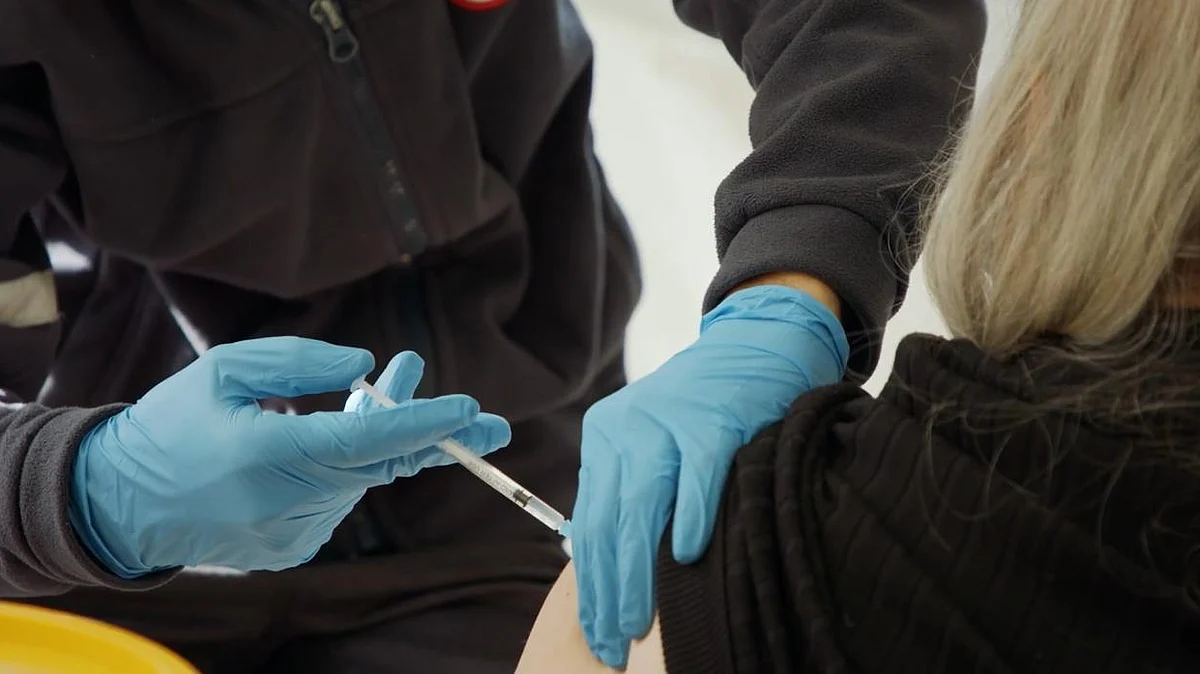Preventing disease, protecting futures: Why immunisation matters more than ever
Maternal immunisation and broadening protection against diseases improve quality of life

Immunisation has long been one of the most effective tools in protecting public health. As healthcare systems evolve and the demands for prevention grow, the importance of vaccines in safeguarding the most vulnerable populations is clearer than ever. Across the Gulf, there is a critical need to focus on immunisation strategies that can protect individuals from birth through adulthood, addressing both immediate and long-term health challenges.
The World Immunisation Week has passed us by, but it is still a good time to reflect on how far we have come and what more we can do to build a healthier future.
Empowering protection through maternal immunisation
Pregnancy is a personal and life-changing experience. It is a time of preparation, responsibility and care. Many expecting mothers spend months preparing for the birth of their child, setting up the nursery, researching paediatricians and planning for the future. Yet one of the most meaningful ways a mother can protect her baby happens quietly, through something she cannot see: antibodies passed naturally through the placenta.
Vaccination during pregnancy builds on this natural process.
This common virus can lead to severe respiratory illness in infants, and in some cases may require hospital care.
Maternal immunisation is one of the clearest examples of how science can work hand in hand with the instinct to protect. It allows mothers to extend their care beyond the womb and helps babies begin life with stronger defences in place. It is a quiet but powerful step that can make a lasting difference in a child’s early health.
Pneumococcal disease: Protecting across the lifespan
Beyond infancy, vaccines continue to play an essential role in disease prevention. Pneumococcal disease, for example, can lead to severe infections such as pneumonia, meningitis, and bloodstream infections. It affects people of all ages but poses the greatest risk to young children and older adults, particularly those with underlying health conditions.
Recent advancements in vaccine development have expanded the number of pneumococcal strains we can protect against. These updated vaccines are designed to offer broader protection than ever before, helping to reduce hospitalisations, complications, and the overall burden of disease.
This is especially important in our region, where healthcare systems are rapidly advancing, and where efforts to reduce preventable illness can have a significant impact on public health and resource planning. The more we invest in protection today, the more resilient our communities become tomorrow.
Strengthening awareness through education and dialogue
Innovation in vaccine development is only part of the equation. Just as important is how we continue to raise awareness and encourage open dialogue around immunisation. It is common for people to have questions, especially when it comes to decisions about their own health or the health of their families. This is where healthcare professionals play a vital role.
Through clear and compassionate communication, they help individuals feel informed and supported in their choices. Whether speaking with expectant mothers or older adults, creating opportunities for open and respectful conversations can encourage confidence in vaccination and support healthy decisions.
At Pfizer, we remain committed to supporting education efforts across the Gulf that promote understanding and engagement. By working alongside healthcare providers and public health authorities, we aim to contribute to a more informed community that recognizes the value of prevention.
The path forward
World Immunisation Weeks serve as an important reminder that vaccines are a cornerstone of health prevention. By focusing on strategies like maternal immunisation and broadening protection against pneumococcal disease, we can make significant strides in reducing preventable diseases and improving quality of life across the region.
By Dr Nadine Tarcha, Gulf Medical Director at Pfizer
Sign up for the Daily Briefing
Get the latest news and updates straight to your inbox
Network Links
GN StoreDownload our app
© Al Nisr Publishing LLC 2026. All rights reserved.